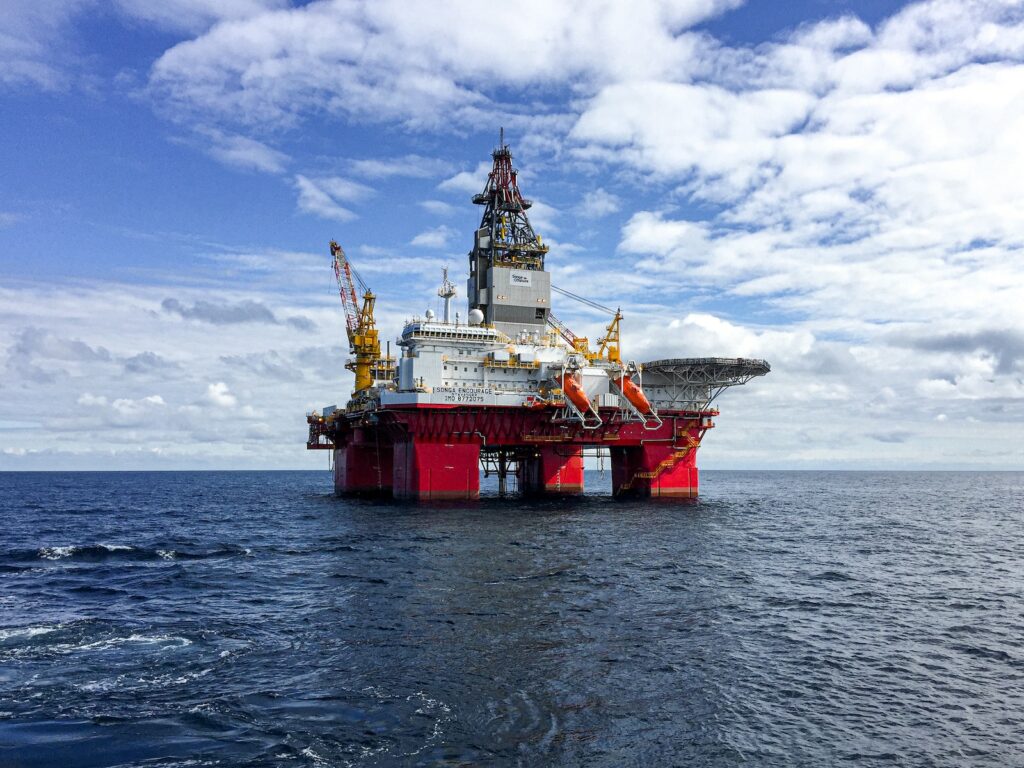
Where to Start
Venturing into a career in drilling rig is an adventurous and lucrative path. Drilling rigs are massive structures, and they can be found on land or offshore. These rigs house a range of positions for individuals with diverse educational backgrounds.
Dive into Entry-Level Drilling Rig Jobs:
Drilling rig employers are often on the lookout for fresh talent, even those without experience. The entry-level position you choose may depend on your educational qualifications. Here’s a rundown:
For High School Graduates:
- Floorhand (Roughneck): Engage in daily rig operations as a floorhand, maintaining equipment, handling pipes, and collecting samples.
- Derrickman: Support drillers by handling pipes and monitoring mud density before drilling.
- Driller: Command the drilling equipment and supervise a team of drilling professionals.
- Roustabout: Engage in various operational duties, including equipment inspection, cleaning, and maintenance.
For Vocational Training Holders:
- Cook: Serve as a cook, preparing scrumptious meals for the crew.
- Mechanic: Ensure the drilling machines are in optimal condition.
- Welder: Use specialized equipment to maintain and repair drilling rigs and ground equipment.
- Electrician: Maintain, test, and repair electrical systems in drilling tools.
Your Roadmap to Landing Drilling Rig Jobs with Zero Experience:
- Meet Basic Criteria: Ensure you are at least 18 years old, physically fit, and open to working long shifts and traveling.
- Scout for Entry-Level Positions: Evaluate your education and skills to identify suitable entry-level positions. Seek roles that align with your career aspirations and offer on-the-job training.
- Enroll in Training Programs: Consider taking courses or certifications relevant to the drilling industry.
- Acquire Safety Certificates: Opt for safety certifications like Basic Offshore Safety Induction and Emergency Training (BOSIET).
- Compile Application Documents: Create a resume and cover letter highlighting any relevant skills or experience.
- Search and Apply for Jobs: Look for job openings on online job portals, company websites, or through networking. Be open to relocating as many drilling rigs are in remote locations.
- Network with Industry Professionals: Connect with experienced individuals in the drilling rigging industry to gain insights into various roles and work environments.
- Consider Parallel Roles: Gain relevant experience by working in related roles before applying for drilling rig positions.
- Prepare for Interviews: Research the industry and be ready to discuss your qualifications and understanding of safety protocols.
Tips for Aspiring Drilling Rig Professionals:
- Engage with Industry Veterans: Connect with experienced drilling rig professionals to gain insights into the roles and work culture. Most companies hiring and needing help have a program where current employees can suggest a candidate and that usually helps greatly.
- Explore Related Roles: Consider applying for related roles to accumulate relevant experience before venturing into drilling rig positions.
- Interview Preparedness: Familiarize yourself with the drilling rig environment and be prepared to discuss your understanding of safety protocols and how you can contribute.
Drilling rig jobs offer an adventurous career path with opportunities for growth and learning. Whether you have a high school diploma, vocational training, or no formal education, there’s a place for you in the drilling rigging industry. With determination, the right training, and a focus on safety, you can carve out a successful career on drilling rigs.
What is a Job on a Drilling Rig?
A job on a drilling rig involves working on a large structure that is used for drilling wells to extract oil and natural gas from beneath the earth’s surface. These structures can be located on land or offshore in the ocean. Jobs on drilling rigs are diverse and can range from manual labor positions such as roustabouts and floorhands to specialized roles like drillers, electricians, and mechanics. Working on a drilling rig is physically demanding and often involves long hours and shifts. It requires individuals to be in good physical condition and to have a strong understanding of safety protocols. Additionally, because drilling rigs can be in remote areas or offshore, many positions require workers to live on-site for extended periods.

